












ADRIANA FERIA-ESTRADA






“The propagandist’s purpose is to make one set of people forget that certain other sets of people are human.” — Aldous Huxley
Dear Reader,
I have loved reading dystopian literature since I was a teenager. The horrifying realities presented, which were often disguised as ideal, prompted me to think critically about my own reality.
“Dystopia” was planned as the theme for our second issue since late July, when I first began brainstorming. Defined by The Canadian Oxford Dictionary as “a nightmare vision of society, often as one dominated by a totalitarian state,” dystopia challenges us to examine the systems, structures and societal issues around us. It is a call to action, serving as a warning of what the world could look like under the extremes of tyranny, censorship and surveillance.
In the second issue of volume 30, staff and contributors explore dystopia in creative and humorous ways. Staff Writer Emma Helgason interviews third-year art and design major Ben Kim in the artist spotlight, in which Kim details how they draw on dystopian themes and symbolism
Mars’ Hill is a student publication of Trinity Western University located on the traditional ancestral territory of the Stó:lō people. Floated with funds raised by the Student Association, Mars’ Hill seeks to be a professional and relevant student publication, reflecting and challenging the TWU community, while intentionally addressing local, national and international issues.
The mission of Mars’ Hill, as the official student magazine of Trinity Western University, is to inform and entertain its readers, cultivate awareness of issues concerning the TWU community and provide a forum for purposeful, constructive discussion among its members in accordance with the Community Covenant, Statement of Faith and Core Values of the university.

when creating dark art. In “Christian Horoscopes: Dystopian Edition,” Bailey Froese predicts the role you would play in a dystopia based on your major.
Mars’ Hill conducted a survey on political violence, and the results are highlighted in this issue’s feature, as TWU students share their opinions on political violence’s presence, influencing factors and what punishment might look like for perpetrators.
I hope that in reading Mars’ Hill you will engage with new perspectives and ideas, or at the very least, be reminded that you are not alone. Within dystopia, there is hope for a better future, that what happens today does not need to happen tomorrow, and so, it is my prayer that we see each other as human, fully known and loved by God.
Sincerely,

Mars’ Hill encourages submissions and Letters to the Editor. Mars’ Hill reserves the right to edit submissions for style, brevity, and compatibility with the Mission, the Statement of Faith, the Student Handbook and the Core Values of the University. Anonymous authorship of any material may be granted at the discretion of the Editor-in-Chief. Opinions expressed in Mars’ Hill belong to the individual authors and do not necessarily reflect those of the editorial board, Trinity Western University, its officials or its Student Association.
Justin Brown Bailey Froese
David Witzke
Too scared to ask out that hot girl from RELS class? Have a thought you’re dying to share? Did a professor say something strange or funny? Do you have some information that you want to get out to the student body? Whatever it is, the declassifieds are here for you.
Submit yours at www.marshillmagazine.com/declassifieds-section
AAAAAAAAAAAAA
AAAAAAAAAAAAA
AHHHHHHHHHHH HHH!!!!!!!!!
This sandwich doesn’t have turkey in it!!!!
There are no winners in war, there are only losers ... and the UNDISPUTED.
ROOOOOOOOOOO
OTS!!!! BLOODY ROO
OOOOOOOOOOOO OOTS!!!!
There’s a Will in my way.
Australians don’t wear shoes?
YEAH! YEAH! YEAH! YEAH!
Oh my brother, TESTIFY!
Crap’s about to hit the fan.
If TWY upgrades the wifi right after I graduate, then I just might have to come back and riot.
My job is NOT to make sure you have a nice day.
End him slow.
Ethan, put on some clothes.
SEND HOOK!
A disappointing number of Declassifieds in the last issue. I gotta lock in and get those numbers up. Psspsspsspss.
Brea Lance is the GOAT.
Actually the most cursed bathroom location is he downstairs RNT girls bathroom.
STAN TRIPLES
Curious about improv comedy? Come to 7:07-ish Improv workshops! Every Monday at 9 p.m. in RNT 237! Through fun and accessible games, we’ll explore creativity, connection and comedy—all in a judgement-free zone. (Also we have free snacks.)
Mars’ Hill reserves the right to edit or reject submissions based on content and/or length. A printed submission does not reflect an endorsement of any kind, nor does it reflect the opinions of Mars’ Hill or its staff, the student association or Trinity Western University.
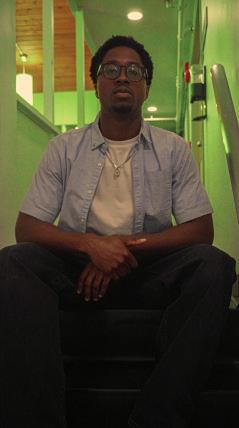
What is your name? Justin Brown.
What is your major? Education.
Where are you from? Calgary, Alberta.
What is something you’re passionate about and want to share with the world?
It’s super important to create. I think it’s a great way to understand yourself more, and being able to share what you create with other like-minded people only makes your work better.
Why do you write for Mars’ Hill? It’s a familiar creative outlet for me.
What is your favourite article you’ve written for Mars’ Hill and why is it important? This one. It’s the only one I’ve specifically written for Mars’ Hill. I think it was important to me because I think that when people think of “dystopia,” they imagine their own worst timeline, but after I thought about it for a while, I thought of the ways that we are creating dystopia on Earth in the ways that we harm the environment around us. It was really impactful for me to write about that idea of “dystopia” from a perspective outside of my own.
Who is your favourite (fictional) character and why?
Miles Morales, Wally West and Ben 10. Three GOATs.
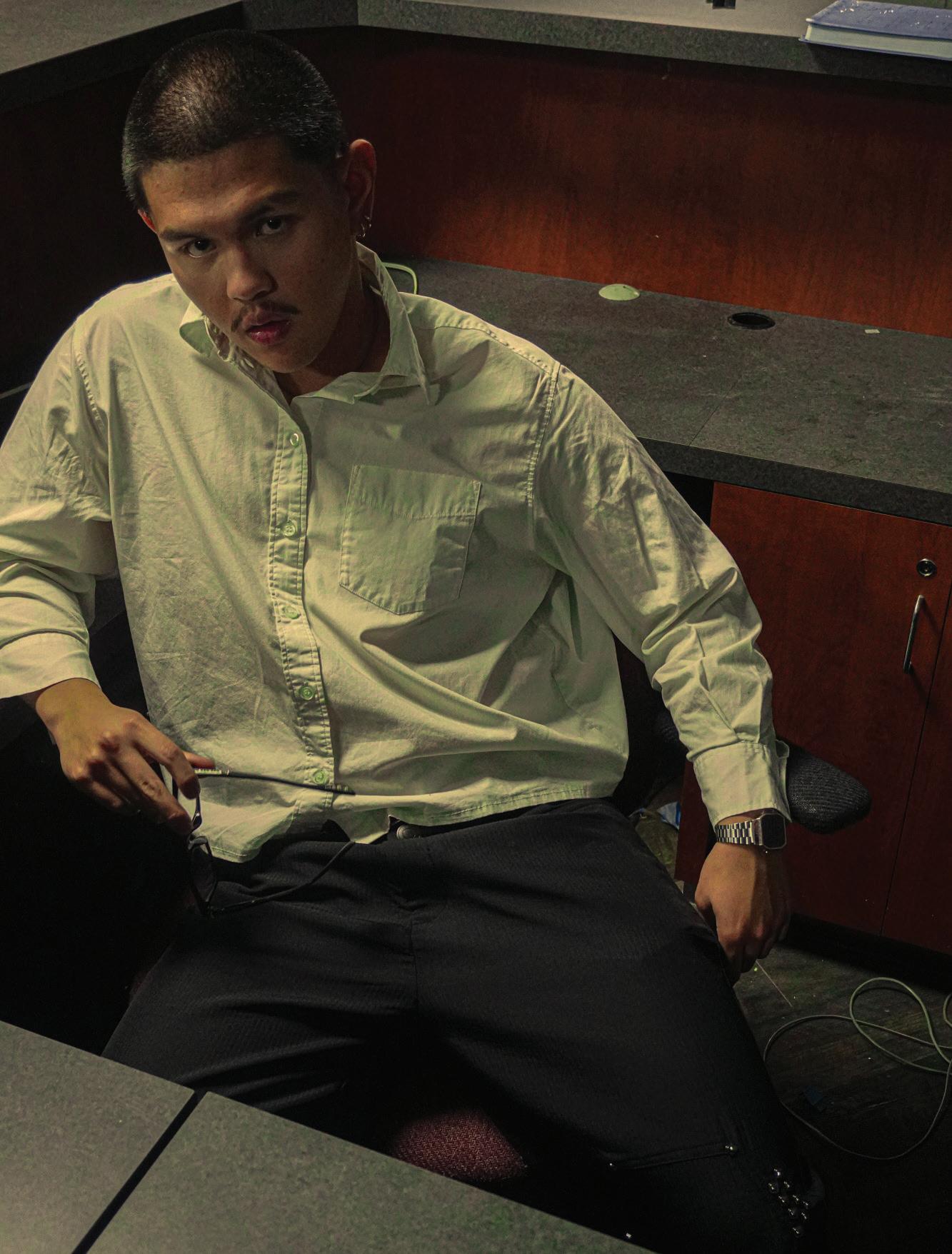
Dystopia a curated playlist
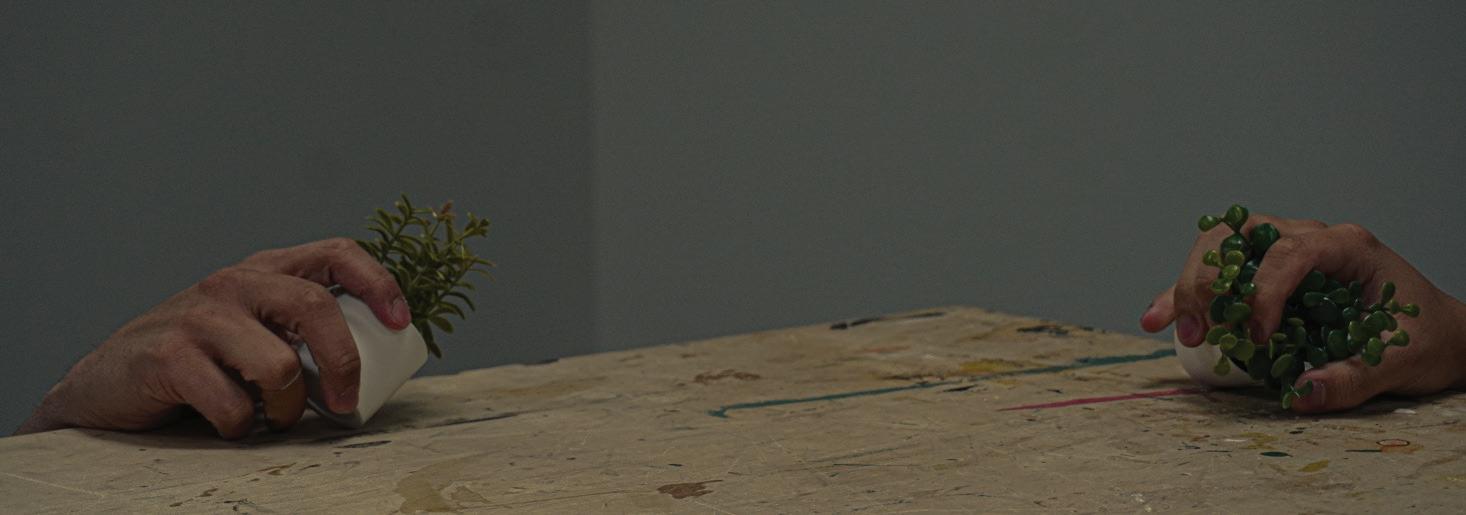

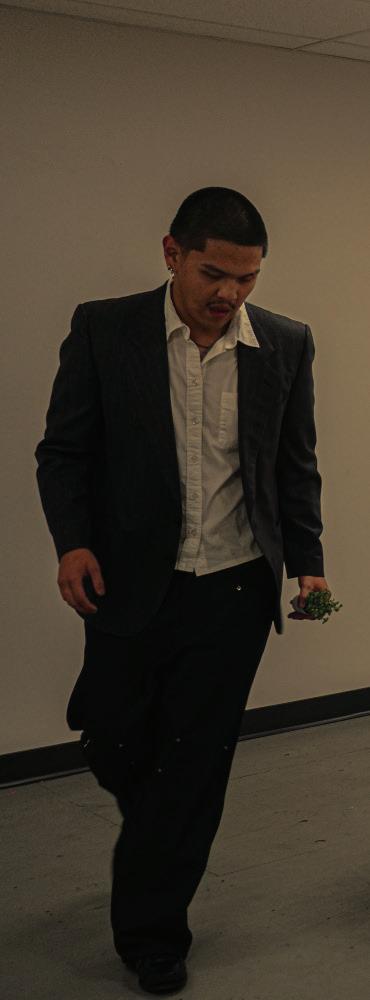
October Road — James Taylor
Oh Klahoma — Jack Stauber
Harvest Moon — Neil Young
Landslide — Fleetwood Mac
Take Me Home - English Version — ATEEZ
Rock Me Amadeus — Falco
Warriors — Imagine Dragons
American Pie — Don McLean
Wicked Game — Chris Isaak
Time in a Bottle — Jim Croce
Don’t Dream It’s Over — Crowded House
Waiting On the World to Change — John Mayer
Cruel Nature — RIP Dunes
Yesterday’s World — George Clanton, TV Girl
The Cold — Exitmusic
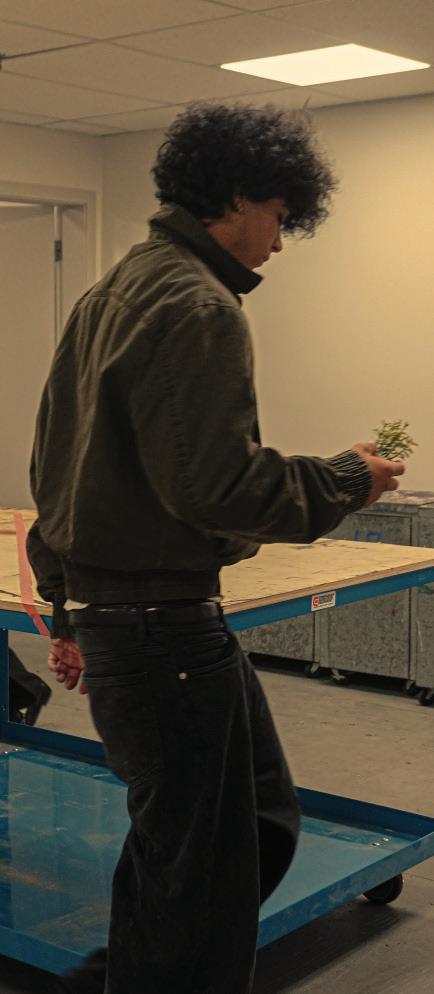

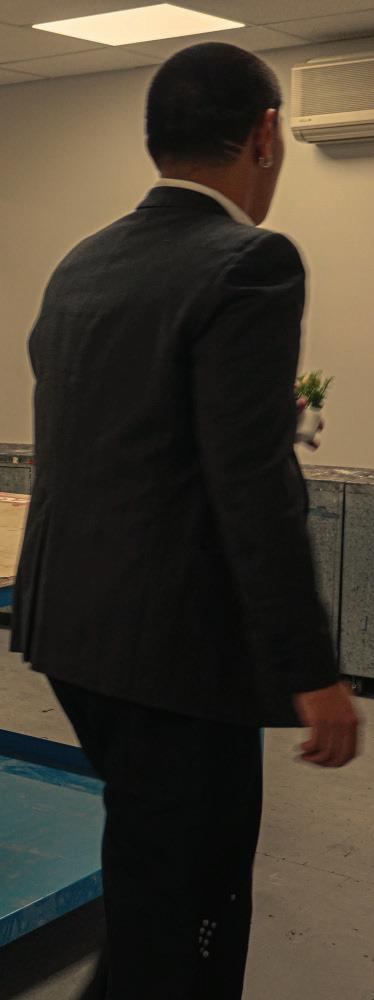


Emma Helgason
Ben Kim is the kind of artist you will not forget. At TWU, where many play it safe, Ben goes straight for the shadows. Creating art that is as haunting as it is beautiful, their work does not just hang on a wall. Ben’s art will stare back at you and make you question everything. In this issue, I am excited to spotlight an artist whose dystopian style confidently defies society’s standards.
MH: Please introduce yourself.
BK: Hi, I am Ben Kim, a third-year Art and Design major, and I may even go into honours. My passion for art has been with me since childhood. I was born in Korea, spent part of my life in South Africa and now study in Canada.
MH: How long have you been doing art?
BK: I have pretty much always been doing art. When I lived in Korea, my mom was a preschool teacher, so I ended up doing a lot of creative stuff as a kid, both at home and at the preschool she taught at. I even went to an art academy for students. So, I guess art has always been a part of my life. Later, in South Africa, I took art in my high school as a subject, along with engineering and architecture, just to have options. Now, it is more about developing my own style and learning in a different way.
MH: You have made art in Korea, South Africa and now Canada. Do you notice any differences in making art across continents?
BK: Well, I think it depends. In Korea, art was more about going to an art academy for kids, so it was a lot of hands-on, early stuff. In Africa, my art teacher gave us a lot of freedom, and we had to teach ourselves how to use different mediums. This actually helped me develop my own style. Coming to Canada, it is a lot more focused on specific mediums, and we actually get taught how to use them. This has helped me do things I never thought I would be doing.

MH: Which medium do you find yourself most drawn to?
BK: I am the type of person where survival instincts kick in at the last minute. So, it depends on what I feel like. For example, I went on a travel study trip to Germany with TWU, where we had two or three days to do our final project. The thing is, I genuinely did not know what I wanted to do, but I brought a lump of clay to the country because I just found it one day. I ended up building an entire structure around it—a contemporary sculpture. So, like I said, my survival instincts kick in, and I take on whatever medium is available to me.
MH: What draws you to create art with such dark themes?
BK: I am a really big fan of things like creepypasta, horror stories and thrillers—not so much the movies. But I do love the stories and the psychological side of it. I think there is a lot you can do with dark themes, not just visually, but also with the symbolism of it. Also, it is not something a lot of people feel comfortable in, and I find that insanely interesting.
MH: More artists seem to be creating dark, dystopian art lately. With your experience, why do you think this style has become so popular?
BK: Oh, that is an easy answer. Just look at the world we are living in—our politicians, for example. To put it nicely, life in 2025 can be depressing. There is so much bad stuff happening, and when you turn on the news, you just want to turn it off immediately. We are in a very sad world right now, and it was never good in a sense, but it was not this bad, right? Overall, it is about saying things as they are, without sugarcoating it. Some people need that blunt honesty, especially in a time when so many people, especially online, struggle to handle satire or jokes. If they take everything literally, why not just say it literally?
MH: Is art something you would like to pursue professionally?
BK: I might pursue it professionally. I am actually considering switching to honours, and I am also thinking about the possibility of doing a master’s degree. However, for now, I am still figuring things out. I would love to open my own exhibitions someday. I have had the idea of creating a dystopian-themed exhibition for a while now. Back in high school, I did a final project on dystopia where I reimagined the seven deadly sins as modern-day monsters. I found it fascinating to create an entire world and put it into an exhibition where people could not only look at it but also interact with it.
MH: Can you share your thoughts on creating dark art? What would you like the readers to know about this style choice?
BK: Have you ever read 1984 by George Orwell? It is such a good book, I love it. In the story, you can tell it is a dystopian world, but to the people living in it, it is a utopia. I like to think of dark art in a similar way.
“To a lot of people, it might look horrible, even absolutely awful. But for me, I am just living my life, having fun and doing what I love.”
The thing is, not everything is as it seems. Yes, it might look gross or horrible at first, but it is not as bad as you think. That is why artist statements exist—please read them! It is really about perspective. Your brain might initially make it seem worse than it is, but if you take a moment to reflect, you will realize there is more to it than meets the eye.
MH: Is there anything else you want to say to the readers?
BK: Support your artists! And please do not use AI art; I have been seeing a lot of people do that recently. Yes, it is convenient and sometimes gives good stuff. But you can do better than that!
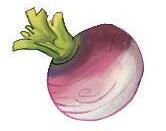
Faith Nelson

A book launch of novels recently written by Dr. Stephen Dunning, retired English professor at Trinity Western University and co-founder of the Inklings Institute of Canada, was hosted by the institute on September 18, 2025, at 7 p.m. in the Glass Room of the Norma Marion Alloway Library. The lively and amusing evening performance was introduced by Dr. Monika Hilder, co-director of the Inklings Institute, who shared a brief biography of the author, followed by Dr. Laura Van Dyke’s reading of excerpts from positive reviews of Dunning’s novels. Dunning then performed selections from his three novels, two dystopian fantasy novels and one comedic sci-fi fantasy, for much of the remainder of the evening, followed by an energetic discussion period. During his performance, Dunning sat at the front of the room in a cozy armchair, a pillow nested in his lap and a Ukrainian nesting doll nearby. The audience was composed of about 30 TWU faculty, students, alumni and some family members of Dunning, along with a few community members and local scholars supportive of the Inklings Institute with an interest in the author’s works. A variety of delicacies were provided to sustain all those present.
The evening’s main event was Dunning’s animated reading of three excerpts from three separate works of fiction: Suzy and the Magic Turnip and Suzy and the City of the Plain from The Perilous Times Saga, and the standalone Trolls on Mars: A Love Story. Before launching into his readings, he provided brief plot overviews to place the passages in their contexts. He read each story using a variety of voices for narrators and characters, from slight pitch variations for each of the children in The Perilous Times Saga to a theatrical, throaty, vibrato-heavy voice for the troll, which sounded similar to the creature Hoggle from Labyrinth (1986). Dunning later explained, however, that he had never seen the cult classic.
“While reading the final excerpt, he even sang a troll song in the same phlegmy voice, with his face and upper body twisted in a troll-like way, dramatically becoming the character.”

He truly embodied the troll in a literary, musical and theatrical sense, captivating the audience. All three readings were presented in a clear, well-paced tone, with subtle, witty and whimsical intonation added to the humorous passages; pauses were inserted to allow laughter to explode and dwindle before he continued the performance. Dunning gestured subtly with his free hand while he read, as if to pull the audience in his direction.


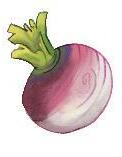


After the live reading, Dunning opened the floor to questions, of which there were many. Topics ranged from his creative process and literary influences to troll lore. Three questions were particularly interesting. First, he was asked if place was significant to his authorial strategy, as one of his magical settings in The Perilous Times Saga is Croatia. Dunning explained that he was inspired by Eastern European fairytales, referencing the Ukrainian nesting doll with a turnip painted on it—a motif in Suzy and the Magic Turnip and a previous short story he had written featuring Ukrainian “bird-women.” He then shared some Croatian history related to the tyrannical Roman emperor Diocletian, whose mausoleum was eventually turned into a Christian cathedral.
Second, Dunning was asked about literary inspiration. He replied that while writing Trolls on Mars, his Troll cosmology, numeracy and other aspects were influenced by the lore of the Discworld series by Terry Pratchett. He demonstrated his fascination with troll numeracy by having his grandson, who was in the audience, count to 20 in the troll language he had created. He also indicated that he was inspired by Douglas Adams’s Hitchhiker’s Guide to the Galaxy and the novels of the lesser-known English author Jasper Fforde, whose works he recommended to the audience. Not surprisingly, he also acknowledged the writings of the Inklings as a major influence.
Third, he was asked if he learned anything from Suzy, the protagonist of The Perilous Times Saga. He said he had, relating to the struggle of the characters, specifically in the second book of the series, where Suzy faces the question of how to combat evil. Dunning explained that he related to Suzy’s uncertainty about the wickedness in the world around her and how to best wield the power she has to combat it.
During the discussion period, Dunning described his audience as “ideal readers” because they listened intently, laughed at the jokes in the novels and clearly understood literary references to Shakespeare, the Inklings and other authors. On a few occasions during the reading, Dunning conversed directly with individual audience members, stating that they would recognize allusions in the novel right away given their expertise. They would briefly reply by offering an anecdote that incited laughter before his reading continued. This performance strategy added a social element to the reading, making it feel more like an active dialogue than a monologue. Overall, both I and the audience were captivated by Suzy’s struggle against evil and the marriage troubles of the trolls.


David Witzke
Since 2022, I have been the intrepid and slightly too enthusiastic Fat Bear Week correspondent for Mars’ Hill. It was a title I gave myself while on staff, and I will only relinquish it once it is pried from my cold, dead hands.
So it goes that every October, I dust off my reporting skills for the greatest sporting event of the year. The rangers of Katmai National Park select their finest photos of the fattest bears in the park and pit them against each other virtually to crown the fattest bear of them all. While the bears may be oblivious to their internet fame, people around the world flock to Katmai’s social media to catch the latest scoop.
Previous years saw everything from voter fraud (2022) to rescued hikers (2023) to bear-on-bear murder (2024), but this year’s competition was strangely quiet and normal. The notable exception and this year’s champion, 32 Chunk, arrived at the falls with a broken jaw and a tooth dangling from his mouth. Yet even this drama probably happened in spring, far from the competition. Park officials suspect he gained the injury sometime during mating season in an altercation with another bear. Sadly, if the injury does not kill him, it will certainly plague him for the rest of his life. Despite it all, 32 Chunk adapted remarkably well to such a large injury. Such is life for bears in the wild.
The rest of the competitors fared extremely well thanks to a healthy salmon run in the park, which meant less competition for bears and more life-sustaining weight for winter survival. Even without the customary on-screen drama, these bears were some of the fattest I have ever seen in competition at Fat Bear Week.
My favourite bear, 747, did not show up to the falls this year, which I can only assume means he died sometime during the year. Just like the death of 480 Otis last year, we will simply never know what happens to most of these bears. It is a good reminder that, despite his international acclaim,



747 is still just a bear in Alaska. My new favourite is 856, a senior bear in his mid-20s who benefited from some incredibly good photos this year. That bear is FAT. Being so old, 856 does not have much time left in this world, but he makes up for it with some cunning fishing strategies to outsmart the bigger bears and nearly netted the championship over 32 Chunk. Yet 32 Chunk is an unstoppable force, weighing in at more than 1,200 pounds. The bear took second place last year under 128 Grazer, but was indomitable this year as he marched toward a well-deserved victory.
An honourary mention goes out to bear 602, nicknamed on the bear cams as “the Floatato” for his wonderful habit of floating belly up after chowing down on some salmon. He also does a little dance when he gets excited about salmon, so the internet was quite smitten with him.
These beloved bears are one of the most joyful parts of my October. They are a unique piece of uniting culture in an increasingly fractured world. Katmai ranger Mike Fitz, the creator of Fat Bear Week, sums it up best:
“It’s positive, it’s a celebration and it’s also really fun,” Fitz said of the event. “And in general, people like to look at pictures of very round animals.”







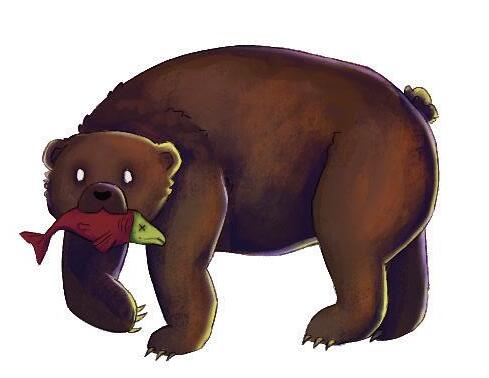


Emma Helgason
Between the campus uniform of Lululemon and Blundstones, a few students are quietly rewriting the dress code. With no invites or curation, Mars’ Hill spent the week on campus seeking the next fashion nova. The eight you will see were not picked for labels. Anyone can throw together a good “fit.” It was the confidence in how they wore it that gave their style its edge. For each person, we asked their name, their major and one word to describe their fashion inspiration. Which department do you think is serving the best outfits? Also, for those we did not catch—those in Stüssy, vintage Tommy, Acne Studios or Calvin Klein—consider this your shout-out!
Rose Promise Hrychiw Education Elegant

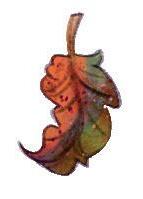
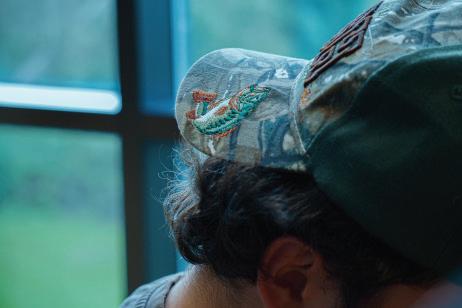

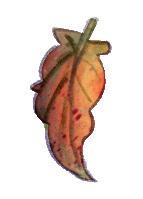
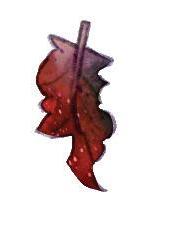


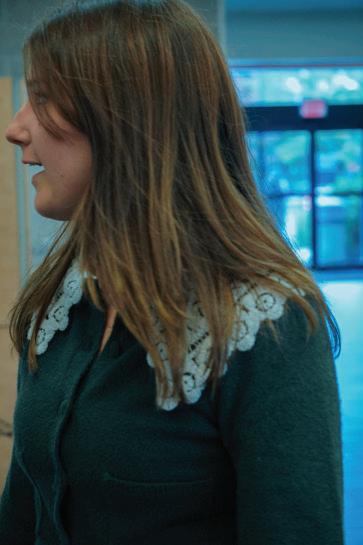








Studies
Basic








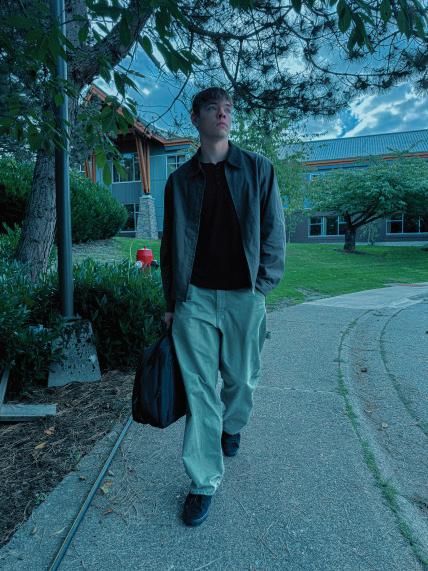

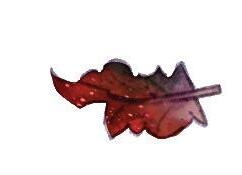
& Design
European







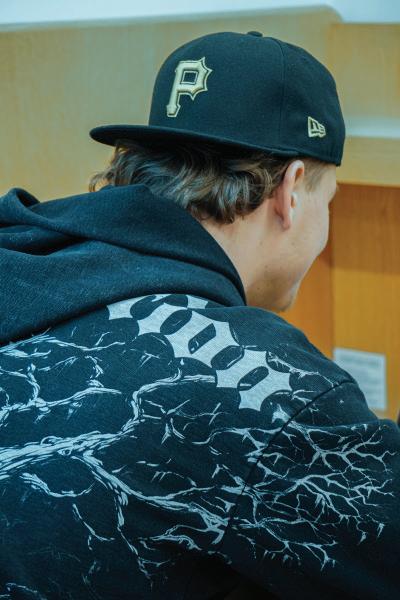
Studies
Trim
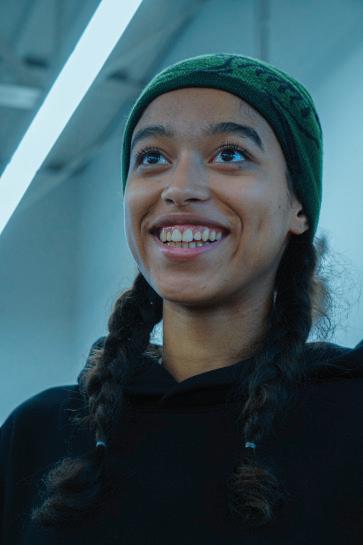


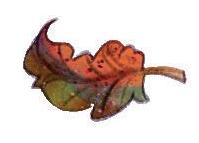
Like many people, I found out about the assassination of conservative political activist Charlie Kirk through social media. At the time, Kirk had been rushed from Utah Valley University to Timpanogos Regional Hospital after having spoken at an event as part of The American Comeback Tour sponsored by Turning Point USA, the non-profit organization Kirk co-founded in 2012 with Bill Montgomery.
Once Kirk was pronounced dead, social media flooded with videos of the assassination as people alternatively mourned, celebrated and criticized the event. Admittedly, I was not very familiar with Charlie Kirk prior to September 10, 2025. I had seen a few clips of him debating college students, but found it difficult to form a solid opinion of the events when so many clamoured to make him to be either a martyr or a monster.
The media made it even harder to decide what I believed beyond my instinctual reaction to the assassination—murder is wrong and freedom of speech is a human right, but it does not condone hate speech—because of how much information is taken out of context and falsely presented as fact.
Kirk’s death happened after Vance Luther Boelter shot and injured Minnesota State Senator John Hoffman and his wife, in addition to shooting and killing Minnesota House Speaker Melissa Hortman and her husband on June 14, 2025.
Political violence is not only a problem in the U.S., as evidenced by the two-year war between Israel and Gaza, the 2024 drone attack on Meitei settlements in India’s Manipur state and the September 5 military base ambush in Dar al-Jamal, Borno, which resulted in 63 deaths.
According to the Armed Conflict Location and Event Data Project, “2024 had a 25 percent increase in political violence events compared to 2023, similar to the average level of increase year-on-year since 2020.” To assess Trinity Western University students’ opinions on political violence, Mars’ Hill conducted an anonymous survey from Friday, October 3 to Friday, October 10.
For the purposes of this survey, “Political violence is defined as hostile, aggressive or violent acts motivated by political objectives or a desire to directly or indirectly affect political change or change in governance. As a phenomenon, political violence may include a range of political acts from riots, coups, rebellions, uprisings and terrorism to violent acts committed by state and non-state actors, including pogroms, ethnic cleansing, and genocide (Kalyvas, 2013; Balcells, 2015)” (United Nations Office for Disaster Risk Reduction).
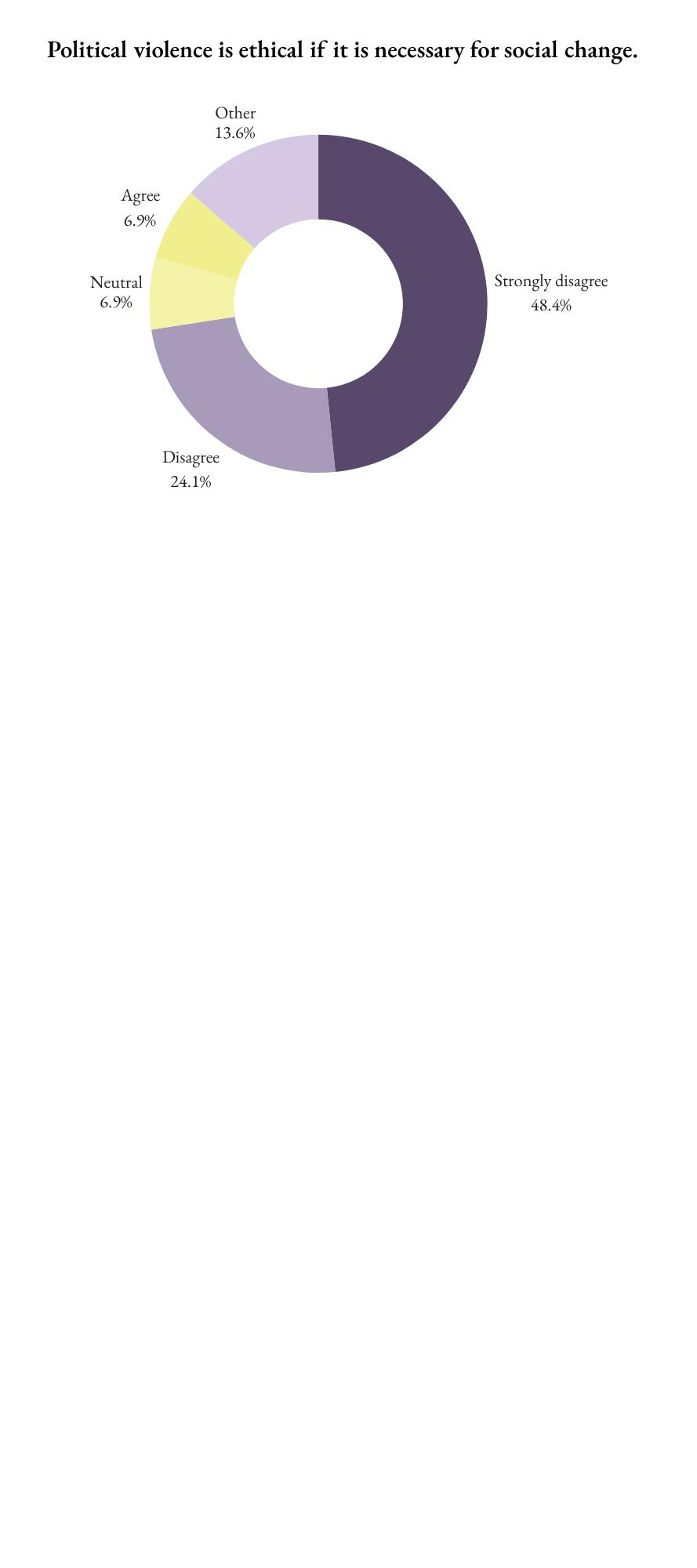

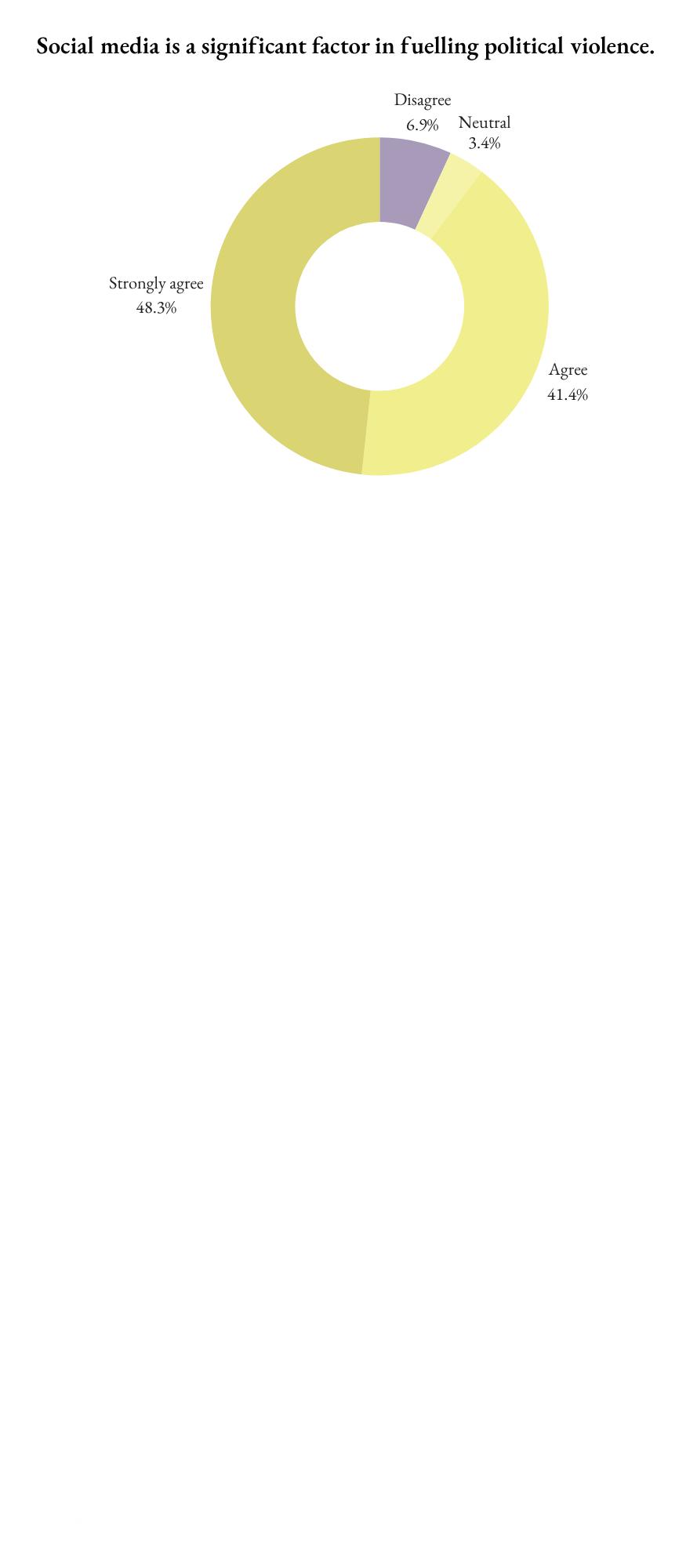



The survey had 29 respondents, and all questions were mandatory except for the one asking for additional comments. Twelve respondents elected to add additional comments. Not all answers have been published, and published answers have been edited for grammar, punctuation and brevity.
Mars’ Hill thanks those who participated in this survey. Opinions expressed in the political violence survey belong to the individual respondents and do not necessarily reflect those of the editorial board, TWU, its officials or its Student Association.
What, if anything, is a suitable punishment for convicted perpetrators of political violence?
Adequate, fair and equal punishment. Violence toward your favourite podcaster is not worse than any other form of violence.


Is there any suitable punishment for anything? Are we simply running a rat-like experiment with the enslavement and punishment of souls to extract and enact capitalist principles in those who fall out of line? Is there a way to create a truly unpolitical prison? I think any sort of governmental punishment will always extend from a line of thinking that explicitly uses prisons as reeducation and reintroduction into a capitalist environment, and how one may live the rest of their life as a tool for creating capital within that system (i.e., complacency). I doubt that there is an apolitical way to reintroduce a political terrorist back into society, and I am just as staunchly opposed to some sort of Marxist punishment/reeducation. Maybe we let them walk free? If Christ can forgive, why can we not? If one of the main tenets of our faith is to let people have the space and means to grow and flourish, why do we not offer it to the least of these?
The same laws that apply to anything else.… Crime is crime.
The same as all the perpetrators of similar, non-politically motivated violence.
That depends on their crime. However, you cannot kill a person for their violence because it will make them a martyr. This title and perspective of heroism towards the perpetrator(s) is extremely dangerous and is responsible for fuelling more violent sentiments. If there’s anything more dangerous than an angry crowd, it’s a vengeful one that believes itself righteous.
It depends. If citizens are rioting because of a messed-up government, then it’s different. But when people in the government are corrupt and cause political violence, probably jail for life.
Jail time, attempt at rehabilitation and empathy exercises.
Depends on the extent of the violence, violence is violence, you don’t get a pass because your reasoning is “political.” Jail time to the death penalty. Innocent people should not be victims of violence because they have a different political view than someone else.
[... E]ye for an eye.
Convicted perpetrators of political violence should be punished according to the specific crimes they have committed … through a fair and transparent judicial process. … Since such acts are carried out in the name of a cause or ideology, a full investigation should also be conducted to determine the extent of any organized network or incitement behind the violence, ensuring accountability not only for individual offenders but also for those who may have enabled or directed the crimes.
Life in prison.
It depends if they have killed a person; then they should be made to pay restitution to the victim’s family and incarcerated in [solitary confinement]. If someone just caused violence, they should be arrested and sent to prison. Being in the same room as a person of an opposite ideology helps them to understand new viewpoints.
Depends on how many people died because of this person’s actions.
In what ways can Mars’ Hill further engage with speaking out against political violence?
Educating people on what it is and what it looks like.
Awareness, writing about specific issues.
Don’t. Political violence in times of distress is inevitable, and speaking out is futile and holds no benefit to you or others. However, if you speak regardless, hold no bias. Fight censorship and engage in fruitful, diverse conversations. Remember that peace is only achievable through neutrality.
Just by starting conversations about it, which I think is already happening.
One of the most effective ways to stand against political violence is by fostering open, civil dialogue between opposing viewpoints. When people can calmly and rationally discuss their differences, they build understanding instead of resentment. If communication breaks down, it breeds hatred, division, fear and at its worst, acts of violence such as political assassinations or attacks. Freedom of speech must remain a cornerstone of any healthy democracy. While there is a clear need to address direct incitements to violence, explicit threats or calls for terrorism, we must also be cautious not to misuse labels or accusations to silence legitimate discussion. Overusing terms like “racist,” “antisemitic,” “misogynist” or “Nazi” out of context can dull their meaning and discourage genuine conversation. To preserve a stable and free society, citizens must be willing to engage openly with differing ideas, even uncomfortable ones. Suppressing speech in the name of sensitivity or control risks leading us down a path toward authoritarianism where people are told what they can say, think or believe. True progress and peace depend not on
censorship, but on communication, reason and mutual respect.
Mars’ Hill should use a declarative speech rather than a rhetorical one.
Maybe show Christian/Biblical reasons why it’s unacceptable. Or take specific cases and talk about them.
Any violence is always bad, especially if it is targeted at a public figure to make a point.… Murder is wrong.
Instead of speaking out against it, be proactive to encourage free speech and support students being bold in their faith and defending Christian values.… As a Christian campus, we should be supporting open discussions while defending the faith.
Decry political violence and its motivations without sugarcoating the lives of those who are victims of it. [...].
Give examples of nonviolent methods for activism and resistance to fuel social change. Social justice cannot be achieved by unjust means.
I don’t think you need to do much; there are other platforms for that. Maybe mention those platforms.
Use your social media and magazine to raise awareness and speak up about what’s happening in the world.
Promote respectful dialogue between differing political opinions to prevent polarization and the dehumanization of opponents. Encourage moral values rooted in Scripture; when man forgets God, evil follows—as seen in Hosea 4:1-2, “There is no faithfulness or steadfast love, and no knowledge of God in the land; there is swearing, lying, murder, stealing, and committing adultery; they break all bounds, and bloodshed follows bloodshed” [English Standard Version]. Knowing God puts an end to the cycle of violence as His redeeming power transforms the mind and sanctifies thoughts and deeds.
Educate and speak truth.
Engage with more political stories and give space for students/people from marginalized countries to share their stories of political violence.
Are there any more comments you wish to add?
Politics don’t care about you. Political violence is weaponized by movements and politicians for their own benefit. Do not let political violence divide you; that’s what they want. I cannot emphasize enough the manipulative nature of politics. Politicians will try to manipulate you into a headspace of “us versus them” once political violence is committed to further push their agendas and ideals. We were born into a game of chess where we are made to believe that the other pawns are our enemies when it is the one controlling them. I beg you to ask the questions: “Why was this act of violence committed? Who is truly benefiting from this act of violence? Who is pointing fingers? What do they want?” Stay diligent. Keep asking questions. Politics always has an ulterior motive.
No one deserves to be a victim of political violence. Saying someone deserved to be on the receiving end of violence is inhumane and should be addressed more often. Thank you for doing this.
Read “Letter from Birmingham Jail” by Martin Luther King Jr.
Political violence is normalized through the unchecked circulation of ideas on social media within political camps. These camps act as echo chambers when members do not interact respectfully with people of differing opinions; repeating the same idea over and over causes it to become more extreme, groups become more polarized and violence is the result.
Political violence is happening everywhere and not just in America (even though it’s talked about more).

We are thrilled that you have read our first print issue of the 2025-2026 school year released on September 24! We want to hear your opinions on “Homeland.” Please complete the survey by scanning the QR Code below. Your feedback will be shared with the team.
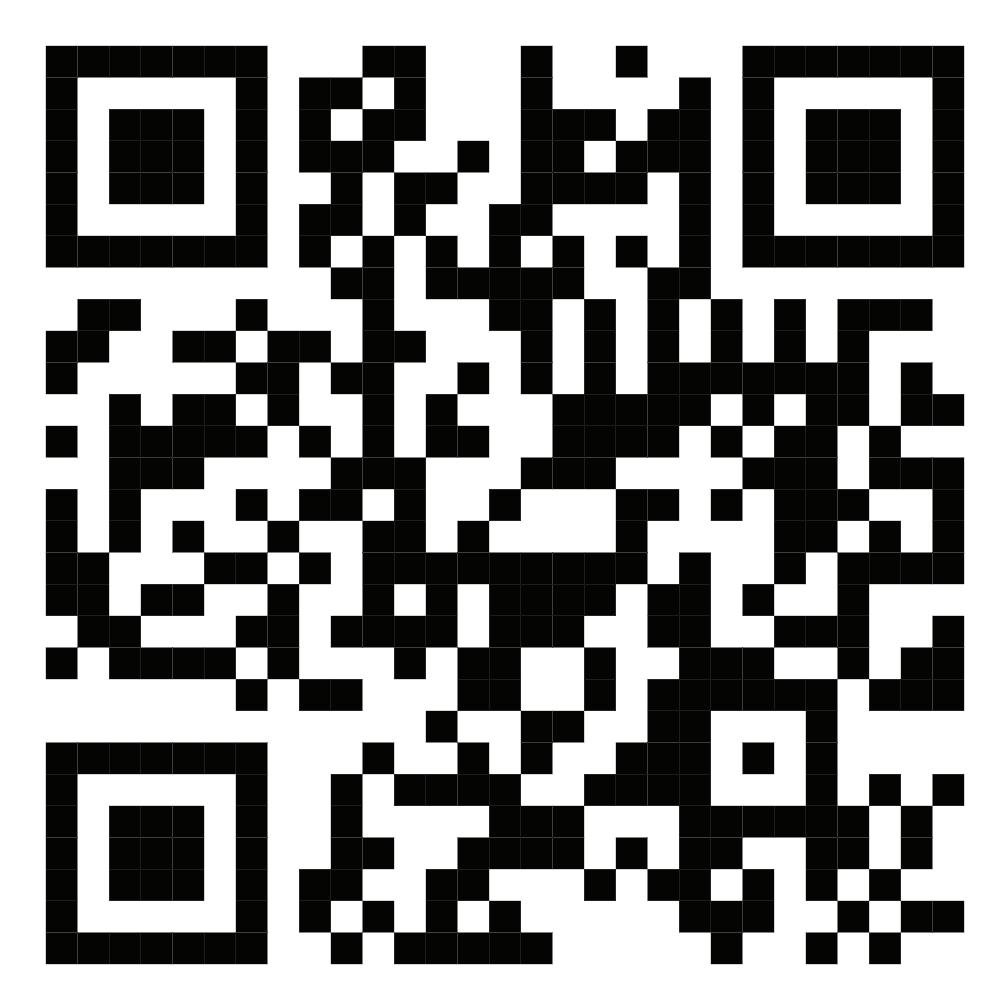
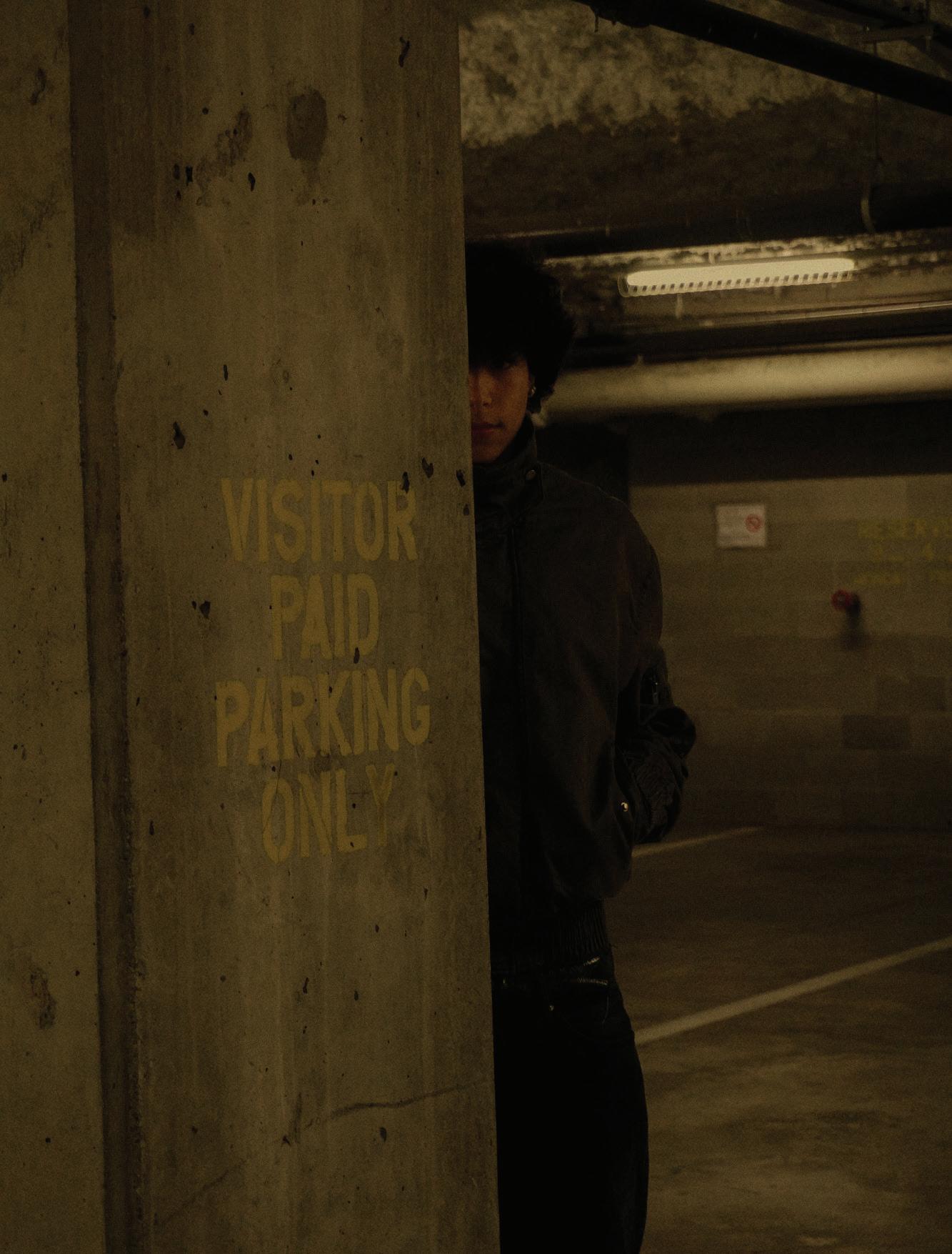
Cristina Pedraza
Not so long ago, shelves around everyone’s houses were booming with CDs and DVDs. Treasured movies and music were kept and protected, and everyone in the house helped choose the movie of the night under the bright lights of their local Blockbuster. The shared sentiment was that media was special. You connected with a specific movie or song and you supported artists directly by buying their work. But that way of approaching the media and culture scene is long gone.
Today, the world is filled with unlimited possibilities. Want to watch an obscure French movie? Stream it. Want to listen to a new album? See if it is streaming. Love something an artist made? Pay a subscription to access it. Anything and everything you could ever want to watch or listen to is available on the internet, so instead of getting that one CD, you can get every song under the sun for a similar price.
Streaming brought with it a new relationship with artistic mediums, and its effect on our culture has been palpable. Most people, myself included, have not used physical media in ages, and the discs we used to cherish are either collecting dust or have been thrown out. While I understand the appeal of what these services promise, I am not completely sure it has been for the better.
As a self-identified repeater who has listened to the same 10 albums for five years, why do I not own my music? The answer is simple: if I switch from digital to physical, I am missing out on all the possibilities—and in a world in which efficiency is king, that does not seem enticing.
“ I cannot help but think that I have been brainwashed out of ownership, and the way back to it seems too complicated to undertake.”
While I was once in awe of the amount of things I could listen to, the investment seems less and less worth it. I no longer connect with my music the same way I used to because I always know there is more. There are more shows to watch, more movies to see and more music than my ears could ever listen to. The problem is, this abundance has diluted my appreciation. When you own music, you form a genuine connection with it. You listen to full albums and
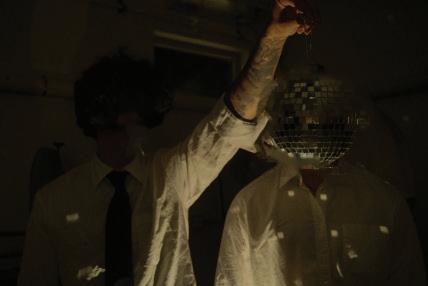


Material that you love is more exciting because it is yours. You make your own curation instead of letting an algorithm decide what you should consume next. But switching out of this cycle is hard.
Streaming still makes sense in certain situations. You are not going to buy a movie you have never watched or music you do not really like. But maybe we could start thinking of streaming and owning as supplementing each other instead of choosing one or the other. We could own what we really love so that we are not at the whim of each streaming platform when it inevitably moves our favourite show to another service. In doing so, we can reframe our relationship with media from merely consuming it to actually forming a genuine connection with it.
Throughout the 20th century, dystopian literature and media became increasingly popular. The genre, sparked by works such as H.G. Wells’s The Time Machine (1895) and Aldous Huxley’s Brave New World (1932), found its stride as writers like George Orwell, Ursula K. Le Guin and Margaret Atwood came on the scene with now-classic dystopian exemplars such as 1984 (1949), The Dispossessed (1974) and The Handmaid’s Tale (1985).
However, many literary commentators cite the massive popularity of Suzanne Collins’s The Hunger Games trilogy—the first installment of which was released in 2008—as a turning point for dystopian media, setting off ripples of books, TV series, movies and video games that have become what Tanner Greer refers to as “the cornerstones of our popular culture” in his essay “Escaping Only So Far.” The young adult division of the dystopian genre has been especially fruitful, captivating readers who are decidedly outside of the YA category.
And it is easy to see why we are so enthralled.
Dystopian stories take our worst fears, marry them with the most pressing issues of the day and push that union to its gravest, most scintillating extremes. We cannot look away as storytellers unfurl their darkly imagined worlds before us.
And, to an extent, there is value here. Dystopian stories usually feature a powerful government or ruling body that is corrupt and cannot be trusted. Protagonists must challenge this authority— rebel against the status quo—to protect someone (or something, or everything) they care about. Because dystopian authors take real-world scenarios and push them to extremes, readers can make connections between dystopian crises and
Sophie Agbonkhese
their own world and see how humanity, if left unchecked, could facilitate disastrous outcomes.
These scenarios, especially as portrayed in YA fiction, feel especially relatable for young people inheriting messes created by earlier generations and over which they have little agency. They give us a sense of feeling less alone in the world and show us that there is still hope that, as Margaret Mead famously said, “a small group of thoughtful, committed citizens can change the world.” That is a hope today’s younger generations desperately need to cling to. In short, these stories provide the perfect escape.
But is there danger in escaping too far into dystopian worlds? Possibly.
“In a time when we are already facing rampant anxiety and uncertainty, situating all our media consumption in dystopian settings could exacerbate those feelings, leading us deeper into paralysis, rather than inspiring us to take whatever positive actions are available to us.”
In a similar vein, we run the risk of becoming overly mistrusting and pessimistic, assuming everything and everyone in the real world is potentially conspiratorial. While a healthy dose of skepticism is wise, it is hard to foster meaningful connections with people when you trust no one.
Finally, in my own media consumption, I have noticed a concerning desensitization from reading stories that dwell in extremes. I find it harder these days to find joy, entertainment or solace in the quietly drawn story—the one that focuses on characters’ inner worlds or their relationships with other characters, God or the natural world. I have been nursed on such a steady diet of highstakes, high-action drama that I have (temporarily) misplaced my sensitivity to the beauty woven delicately into the many other fabulous stories out there, waiting to be picked up and enjoyed and also to touch.
This is not a call to abandon the thrilling dystopian adventures we love to love, but rather a gentle reminder to look up from those ruined futures now and then and make sure you are still firmly rooted in what is good and true here in present-day Earth.
Emma Helgason
Faith is something deeply personal to each of us at TWU. From Christianity to Hinduism, the diversity of beliefs on campus is remarkable. However, what happens if those who share your beliefs struggle to understand them? Lately, I have been coming across this issue more often as a Catholic at a Protestant Christian university.
“It becomes unsettling, almost dystopian, when misconceptions stem from assumptions rather than a genuine effort to learn.”
When I was young, I learned that Catholicism is one of several branches that belong under the Christian umbrella. Yet I have discovered that Catholicism is occasionally treated as something separate, making me question how a branch within Christendom like Catholicism can feel so foreign to certain individuals. It shows that some religious practices are treated as more important than others. We must become more open to understanding other practices if we hope to be united as Christians.
Even when we think about religious events on campus, we can see how division can occur. For example, chapel is a fundamental part of student life. Although attendance is not required, it is strongly encouraged. I have had a handful of people directly ask me, “Do you not want to grow in your faith?” as a result of my absence from chapel. While these questions are sometimes harmless, they can carry a negative undertone. Some people believe that because I may not attend chapel, I am not as commit-
ted to my faith as others. Even though I regularly attend Catholic Mass, these constant questions about my faith can become frustrating. It is this unspoken rule, that faith requires a specific presentation, that discourages me.
Another instance where Catholicism gets misunderstood in a Protestant Christian university is when I have to explain that we do read the Bible and worship more than just Mary. Unfortunately, similar misconceptions impact other Christian denominations as well. Sometimes people accuse Baptists of being too strict and Pentecostals of being overly emotional. These assumptions can be troublesome as they create division. These unnecessary presumptions within Christianity prevent us from truly connecting with one another. The challenge is that people fail to take the time to learn about different traditions, as they believe their own method of practicing their faith is the only “right” one. Naturally, this issue is not exclusive to TWU; communities of faith all throughout the world experience this behaviour.
“We Christians, however, have the same God, Savior and mission to serve others.”
Instead of dividing us, this should only encourage us to accept one another. Therefore, next time someone does not share all of your beliefs about Christianity, avoid making quick assumptions about their faith in the Lord. Rather, genuinely inquire about their religious practices. Listen and consider how it may relate to your own religious beliefs. Only then can we grow together in faith and tolerance.

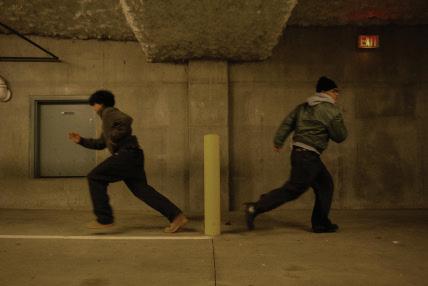
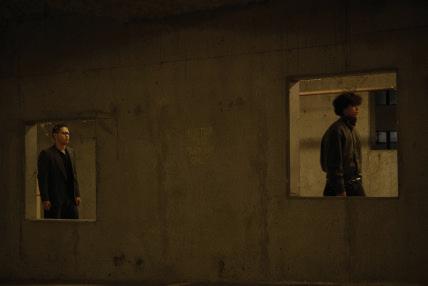


MH: What is your year, team, position and major?
JM: I am in my second year of university. I play for the women’s basketball team as a forward, and I am majoring in sports management.
MH: How did you first get involved with basketball?
JM: Growing up, I initially wanted to be a gymnast but was never put in gymnastics. I started growing taller, so everyone said I should play basketball or volleyball instead. So in Grade 6, when my elementary school started an after-school basketball club, I joined it. I gave basketball a try and I started to like it, even though I was nowhere near as good as the other kids. It was something I wanted to get better at, not like my other hobbies that I would pick up and quit.
MH: Tell us about your favourite basketball moment.
JM: The first moment that comes to mind was in high school at our home tournament. I had gotten a block and a steal into a left handed layup—which I don’t always make but this time I had made it—and I felt at peace. Then I heard the student section [cheering] really loudly and the announcers giving a play-by-play throughout that whole defensive and offensive possession. In that moment, though I was going to my left hand side, there was no panic, just calm.
MH: What are you most looking forward to for next season?
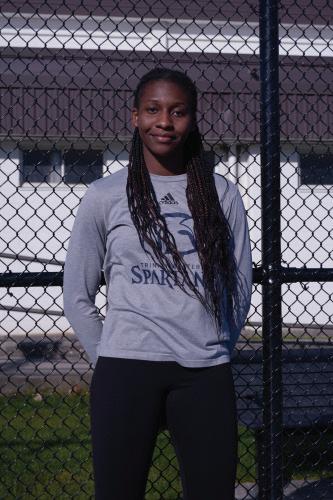
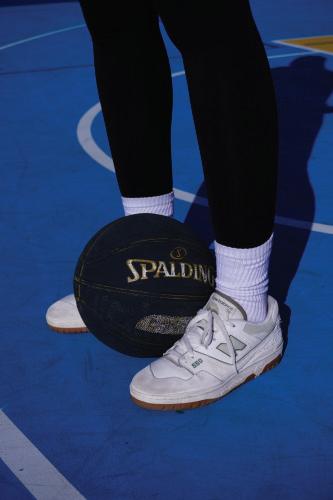
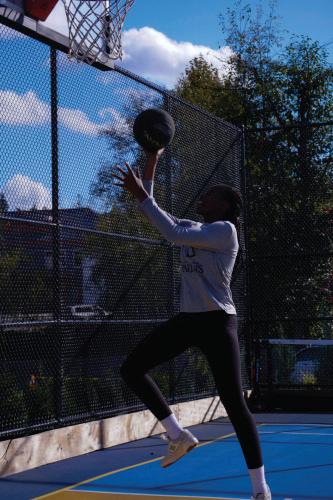

JM: This upcoming season, I am looking forward to competing as a team and just showing people how much the team has grown in this past off-season.
MH: What does your time after TWU look like, both for basketball and a career?
JM: I am not 100 percent sure, but as I have prayed to God, He has put some ideas in my mind. If I am given the opportunity to keep playing basketball after university, I would take it. But I really see myself coaching, as it is something I did through high school and over the summers, and I really loved it. So, if I am not playing the sport, I will still be very much involved in it. Career-wise, I see myself coaching or teaching, but also helping out on the business side of sports—specifically financially. One of my main goals post-grad is to help or start an organization that focuses on the financial accessibility of youth sports. Things can get really expensive, and I believe that every child should have the same opportunities to partake in sports and not be withheld from it due to finances.
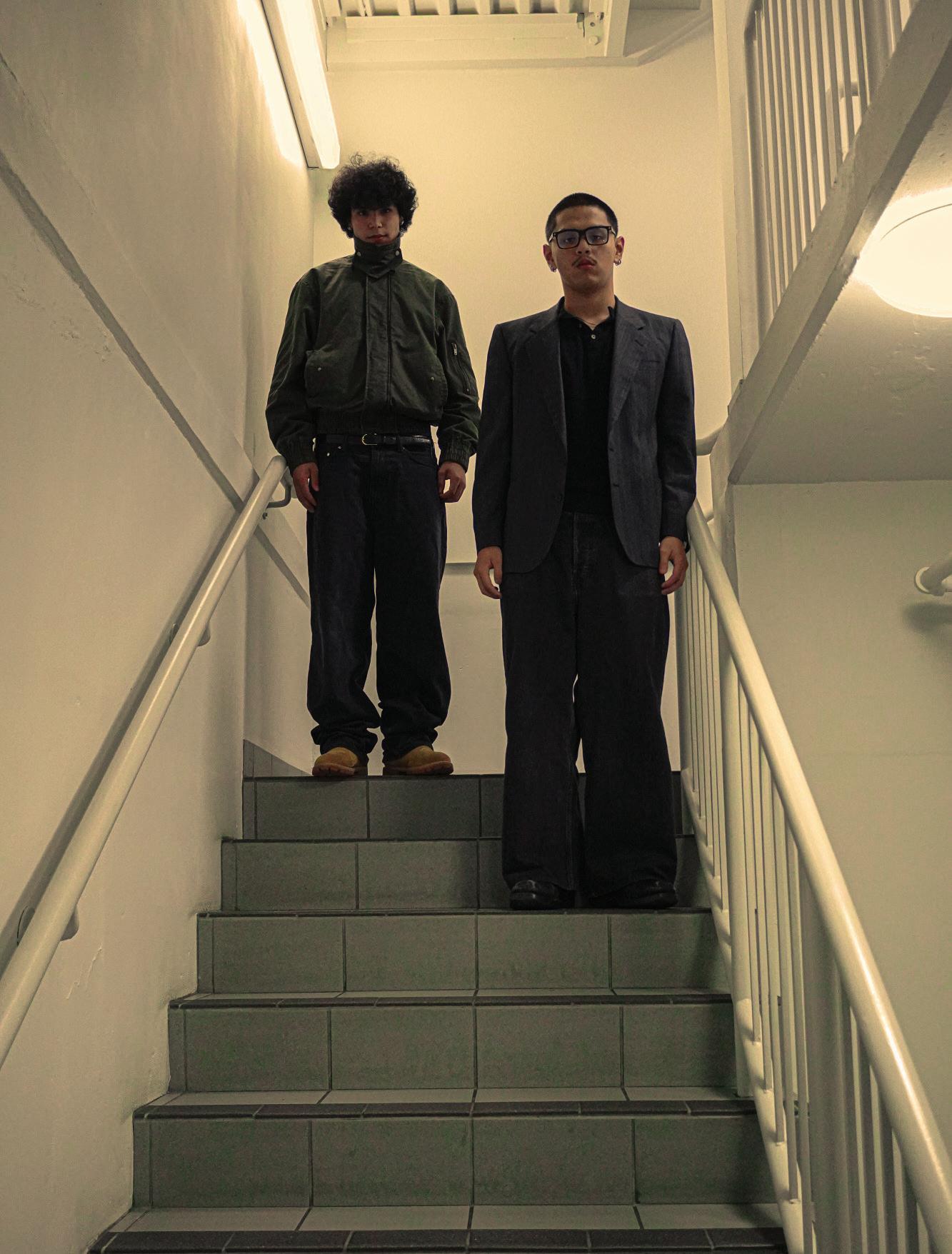





Justin Brown (@jb.offthepage)
The leaves in her hair Are exhausted
And the rivers that, on a night like this, Would run from her eyes
Instead whisper bitter nothings
She reached her chocolate bark arms
To the sun in the sky
And no one answered her call
Where her brothers and sisters once stood, There is now a row of cold steel gravestones That blot out the sun
She is thirsty, But the water doesn’t quite taste the same She is hungry, But where they once left fruits and nuts and candy
They now leave bullet casings And the spoils of capitalism
She is the Earth, And instead of living, She has been forced to stay alive
On this hell that is her body

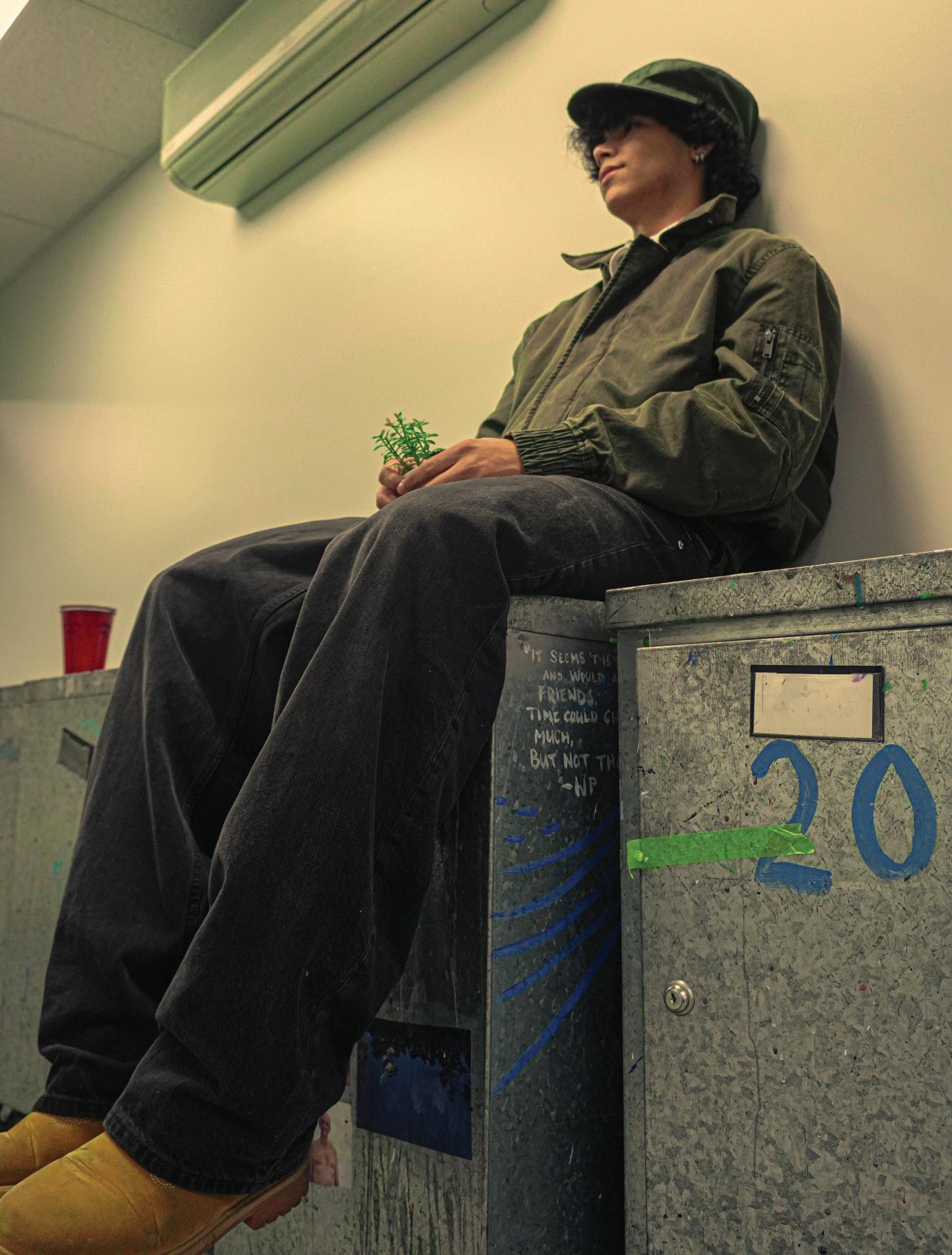
Sophie
Agbonkhese
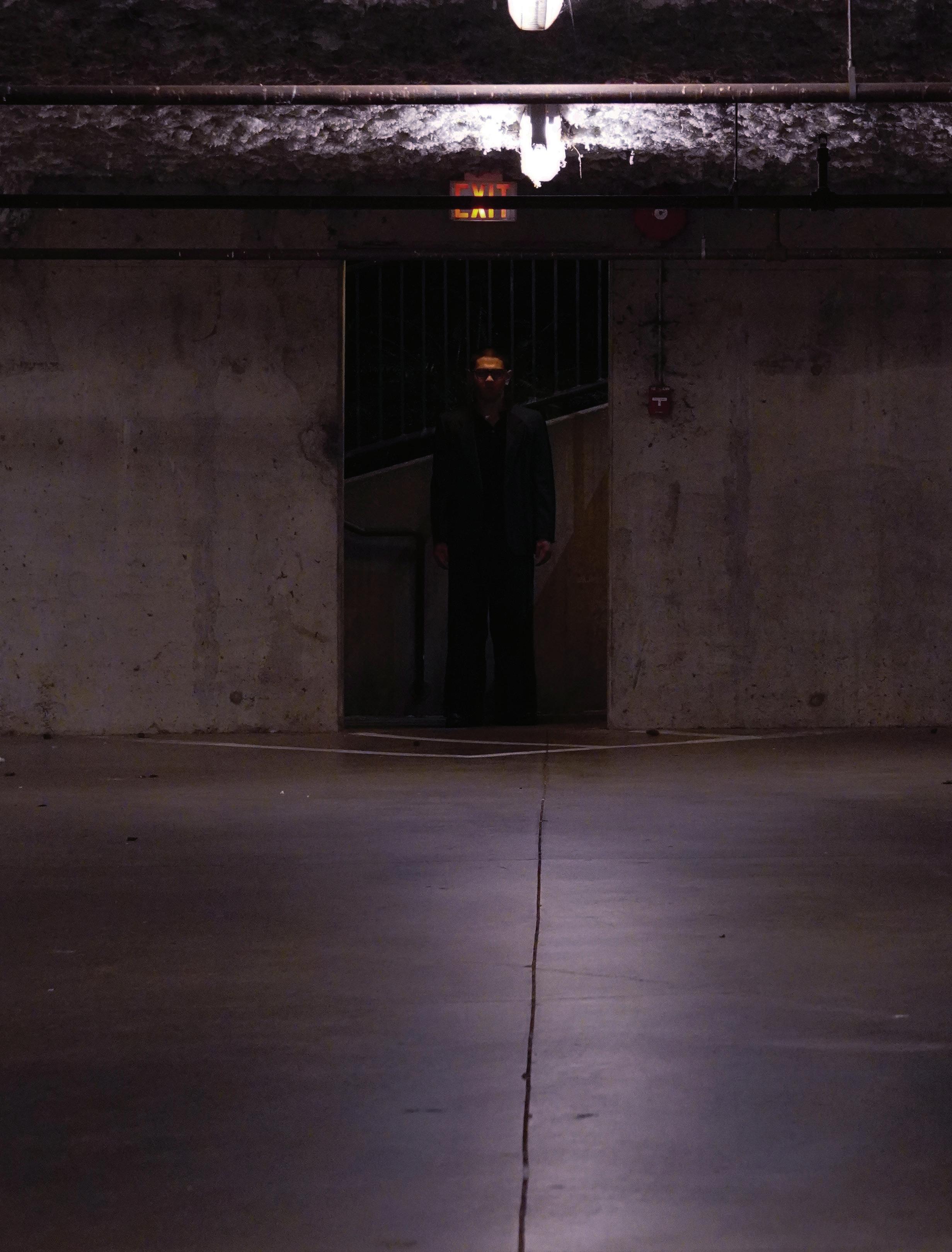
Dear Students,
Welcome to PAU—Post-Apocalyptic University. It is our sincerest desire to ensure you get the education you need to not only sustain and repopulate the human species, but to do so while avoiding all the mistakes our ancestors made that created the mess we currently find ourselves in. At PAU, you will learn to avoid forming systems of power and authority that are susceptible to corruption; to live off the barren landscape, no matter how little it provides; and to live with the end in mind (if, by the “end,” you mean the beginning).
You may select from any of the courses below, but please keep in mind that, as we only have three people qualified and available to teach on these subjects, you may not receive your first, second, third or, well, any of your top choices. Classes will be offered on an as-possible basis in between our existing duties of keeping everyone alive, fending off enemy attacks and establishing a post-post-post-modern civilization. Thank you for your understanding.
Humanities
History of Prepping: Why You Are Even Here
It was not by chance that those of us who survived the apocalypse made it out alive. The probability of existence in the post-apocalyptic world is directly correlated with how well one prepped before the Great Disaster was upon us. Find out what your ancestors did to survive so you can honour them by getting your act together before the Next One.
Arts, Media and Culture
Safe and Sound: Music from the Underground Bunker
Just because we have retained no historical artifacts does not mean we are without culture. Several residents of the Underground Bunker have turned everyday objects into musical instruments and formed a band called Can’t Hold Us Down, which will perform and explicate all the songs they remember.
Sciences
Biodiversity: What It Was and Why It Was Useful
Before the Great Disaster, a tremendous number of plant and animal species inhabited the Earth. Then humans destroyed them, resulting in the homogeneous landscape you’re more familiar with. In this class, we’ll explore the importance of biodiversity and discuss methods of restoring diverse ecosystems, such as the reintroduction of apex predators into particular environments.
Re-creation
Repopulation Nation: We’ve Got Work to Do
It may seem difficult to believe, but there were more than eight billion people on Earth less than a generation ago. There are now fewer than a thousand. It doesn’t take a math degree to see that we have our work cut out for us in restoring our species’ population to anywhere near its former heights. This class breaks down into concrete terms the strategies that will get us there.
Business
Ethics vs. Economics: What We Got Wrong the First Time
The previous civilization struggled endlessly with the issue of whether to “do the right thing” or “do the thing that will give us the most money.” We all know how well that went. Fortunately, we no longer have to worry about that, as our new civilization is not, and will not be, grounded in traditional capitalism. In this class, you’ll brainstorm new, more ethical economic models designed to avoid the trappings your ancestors constantly fell prey to. Fun fact: the best models you develop will be put into practice in the real world.
Required Course for All Degree Seekers
Human Flourishing: Living the Good Life vs. Simply Living
Ancient human civilizations debated at length what it meant to live the good life, as though simply being alive were not good enough. Was the good life to be found in morality? Wealth? Meaningful relationships? Living out one’s highest purpose? We admit we’re not really sure. From what we can tell, the best life is the one where you wake up every day and realize you’ve survived another night. We’ll explore these and other pertinent philosophical questions with the wider community in this mandatory course.
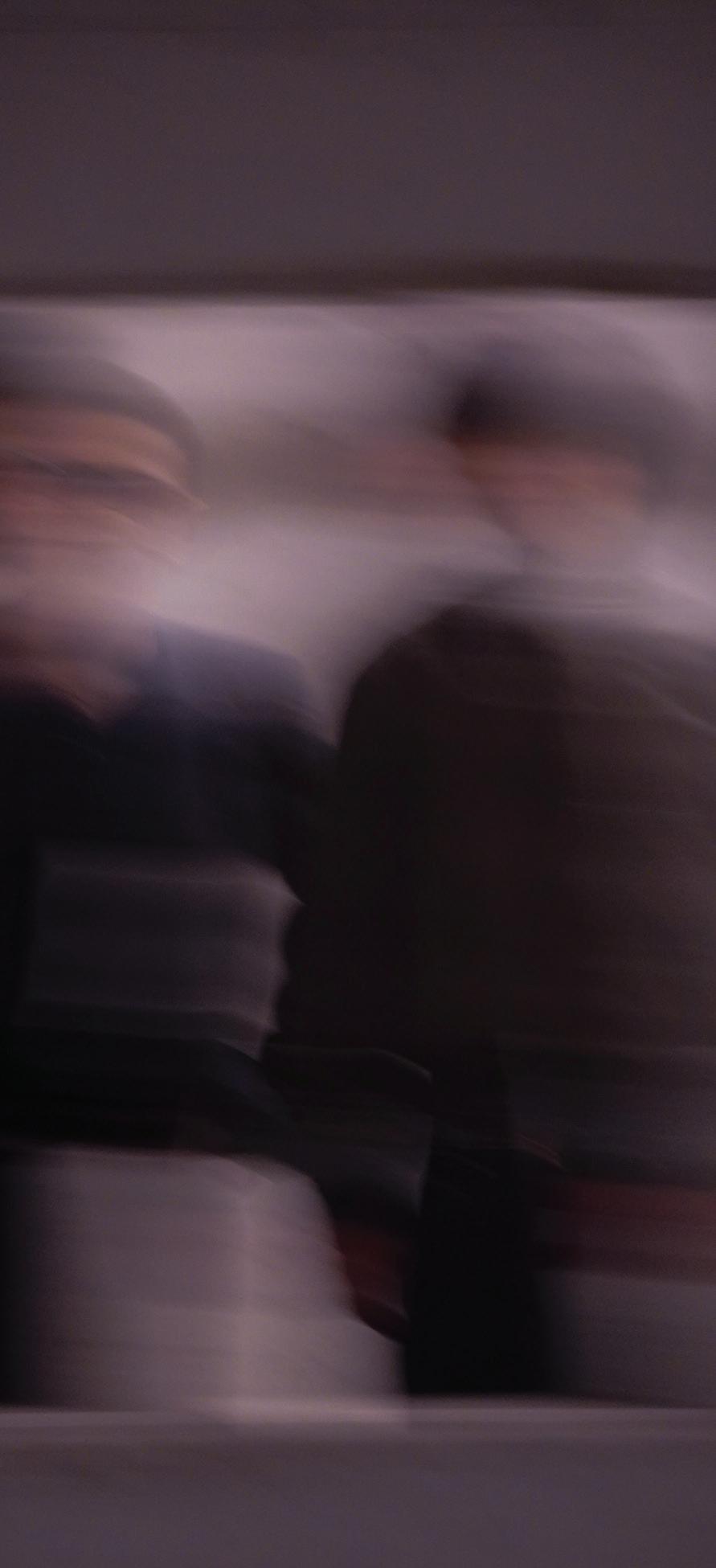
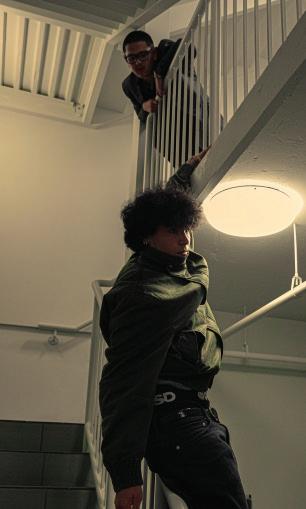

Oh yeah, we’re back, baby. Once again, for a limited time only, feast your prying eyes on TWU’s favourite collection of horoscopes that are decidedly not real horoscopes because they are based on no astrology of any kind. These are based on the faculty of your major, not the stars or any other form of divination. Are we clear on that? Do we all understand that these are not real horoscopes, and that’s why this premise is funny? Because comedy relies on the subversion of expectations? These horoscopes ARE NOT REAL. And if I have to explain this to anyone else, my poor tiny brain will explode—and you will all be invited to my funeral, during which a Muppet version of me will burst forth from my casket and tell everyone that I died because comedy died at TWU.
Anyway, dystopias! What role would you play in a dystopia based on your major?
Business: Let’s face it, you’re probably the ones who caused the dystopia. Who cares about a few billion human lives when money is so much shinier? You’ll probably be living it up in a marble-walled bunker, munching on dried caviar until you decide to wait out the worst in a cryogenic freezing chamber. Then the person who is supposed to wake you up forgets about you until one night, while brushing their teeth, their wife says, “Did you remember to take the billionaires out of the freez-

er?” No, they did not, and they will run all the way out to the desert canyons in their bunny slippers to unplug you, but by then you’ll all be freezer-burnt. And believe me, a freezer-burnt human is not a pretty sight.
Nursing: Literally every survivor group will be begging you to join them. You could start charging hefty fees for your medical knowledge, even if those fees wind up being shrapnel or zombie fingers (they taste like chicken). The apocalypse probably won’t faze you much. Blood, death and dumpster fires? Please. You’ve seen worse during your clinicals. You can deal with any unsavoury fluid the world throws at you.
Education: I’m so sorry. You wind up in a group led by a 16-year-old rebel looking to start a revolution. It doesn’t matter that she just won an institutional battle royale or is part of the Faction Of Very Cool Special Ones or just escaped a death maze, she’s still 16. That frontal lobe is not even close to fully developed, and she can’t even decide if she likes the pretty blond boy or the pretty dark-haired one. What is happening, you’ll think. When I was sixteen I was begging my mom to delay our family vacation so I could watch my crush’s reaction to the anonymous candy gram I sent him. Why am I taking orders from someone who is barely done puberty? And yet, you will, because her hair is so cool.
HKIN: You’d think you would be fit for a dystopia because you’re probably fit in general, but you’ll actually start withering not long after Doomsday. Not much protein left unless you’re into cannibalism. You’re not, so you’ll get excited when the Billionaire Overlords In All Their Mighty Wisdom introduce Feat, the Best Fake Meat You’ll Ever Eat™. Supposedly, it’s packed with far more protein than any meat or meat replacement from the old world was. Unfortunately, Feat™ causes some interesting traits in those who consume it, including slumping, grunting, drooling and rotting. Don’t worry about it.
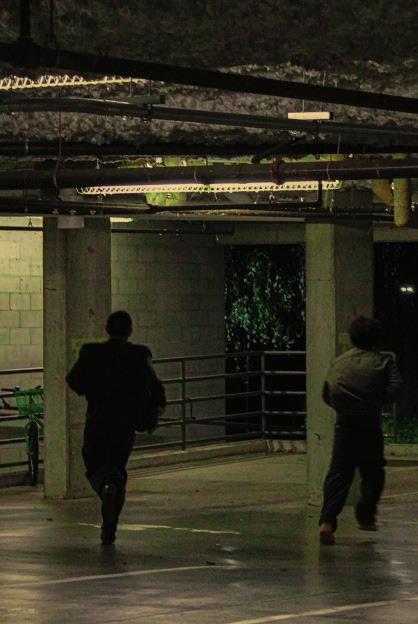
Social Sciences: Your majors likely depend on you being able to talk to people, so your skills will quickly brand you as a leader to hapless survivors. In fact, you will wake up one day and realize you’ve started a cult. Look, you never asked anyone to start wearing hooded robes or call you “the waymaster” or treat a glitchy Amazon Echo you found like an oracle of wisdom. You’ll keep telling them to leave you in peace, but they’ll just call you “the peaceleaver” and ask to hear from the prophetess Alexa again. You’ll sigh and pull the Amazon Echo out of your bag, because an octopusaurus just showed up and your devoted followers are very willing to fend it off for you.
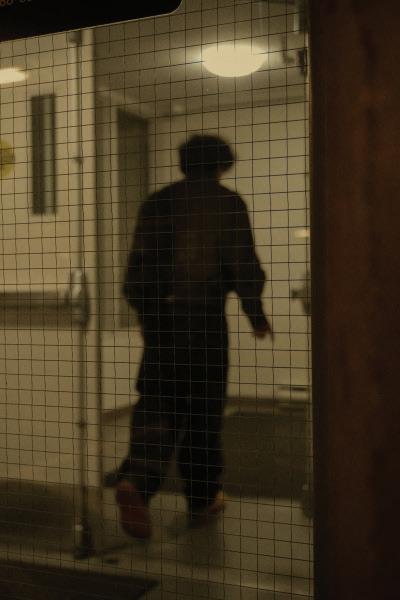
Natural and Applied Sciences: You tried so hard to warn the Billionaire Overlords that Feat™ wasn’t quite ready for the market yet, just like you tried to warn them that the Atom + Bomb was a little too explode-y and that the genetically engineered mutant dinosaurs weren’t a great fit for petting zoos. Did they listen? No. Congratulations, your hubris and willingness to sell out to corporations caused the apocalypse. You’ll huddle in an abandoned mall parking lot, wallowing in guilt until a spidersaurus lays its eggs in your lungs.

Humanities: You’ll have a sad and lonely job working as a propaganda minister for the Billionaire Overlords, wondering if the relative safety of government walls is worth it until someone starts chatting with you online one day. You’ll reply on a whim and discover that this person is the love of your life. You have all the same interests and they’re so charming; the world is beautiful again. Then you’ll find out this person was an AI designed to sell you chapstick. You’ll go home to sob in your government-sanctioned apartment, but then you remember that you can’t get through the door because the room is stuffed with all the boxes of chapstick you’ve bought in the last week.
SAMC: How much you like this dystopia will depend on your major. Art majors will love that they can finally have a career as a fulltime graffiti artist. Music majors will wind up like that guy strapped to the back of a truck playing a flamethrower guitar in Mad Max: Fury Road (2015), which is probably the best job anyone could be offered in a dystopia. Game development majors will be stoked until they can’t find any cassette tapes. “Where are the cassette tapes?” they’ll wail. “I was promised cassette tapes! And the ammo drops suck out here! Where is the healing fluid?! I need my healing fluid!”

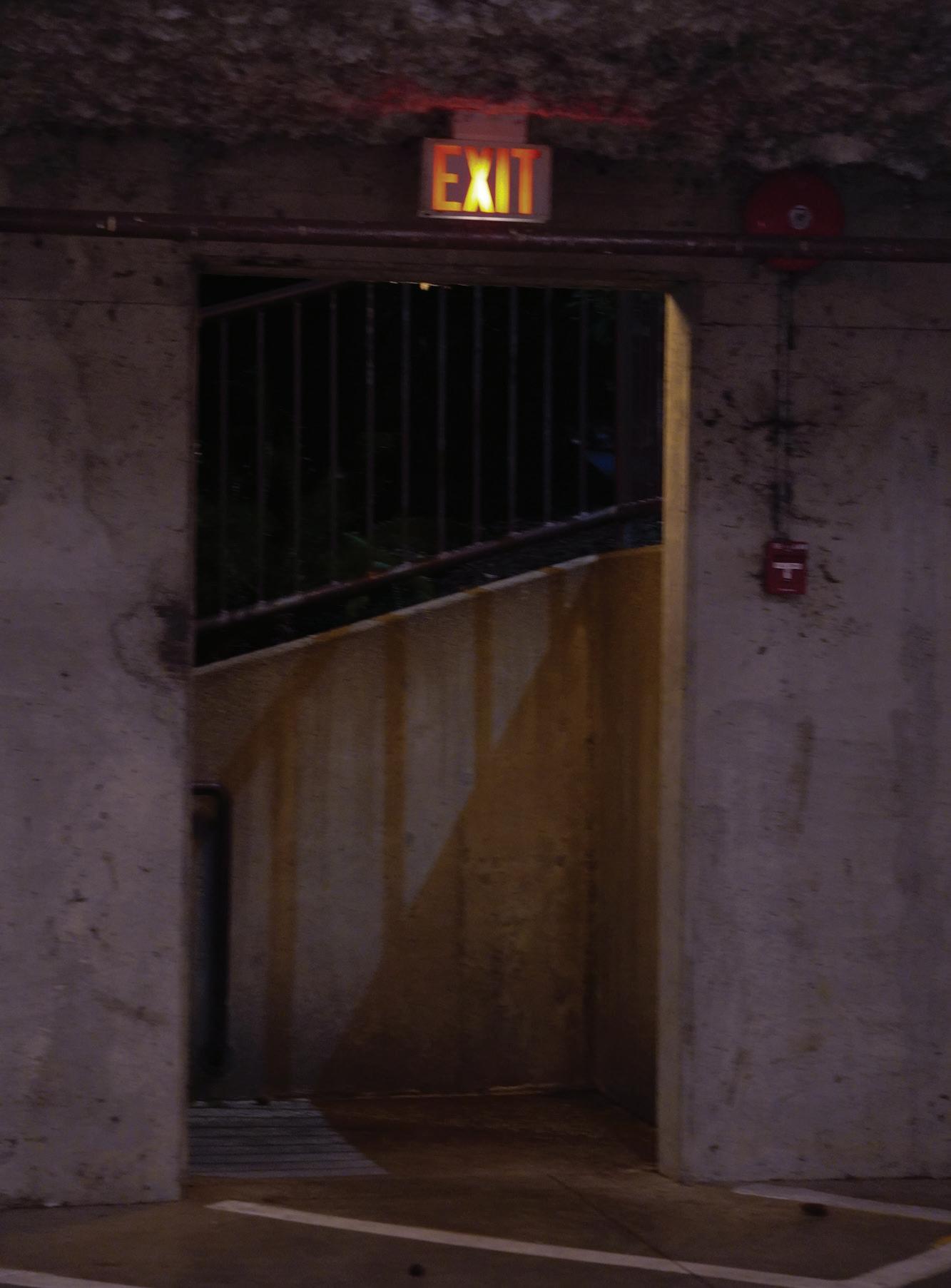

Is there a story you’ve been wanting to tell? Are you looking for an opportunity to share your writing with a larger audience? Send your pitches or articles to us by emailing marshill@gmail.com.
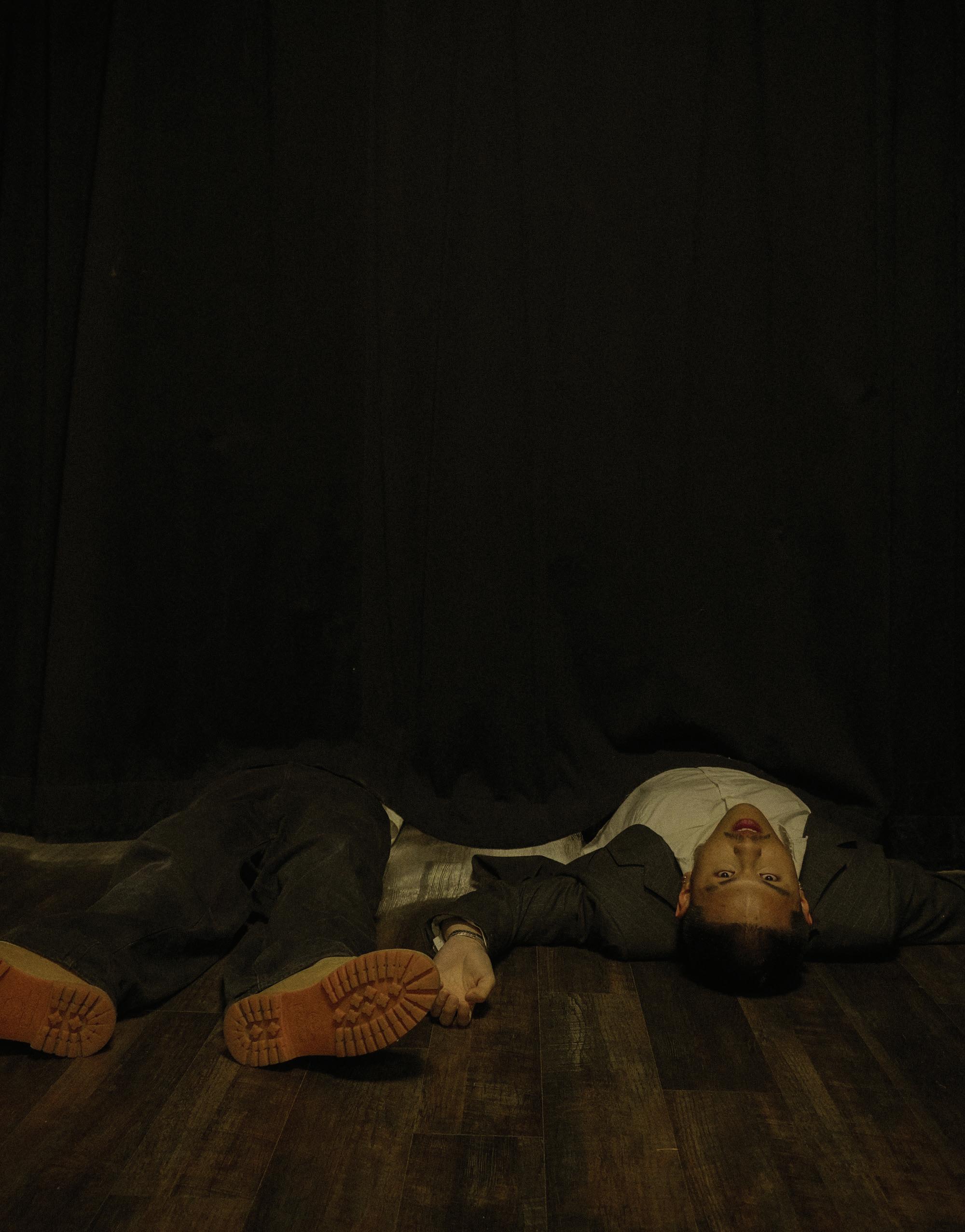
22500 University Drive, Langley Twp, British Columbia, Canada
V2Y 1Y1 marshill@gmail.com marshillmagazine.com/ IG: @marshillmagazine X: @marshillnews